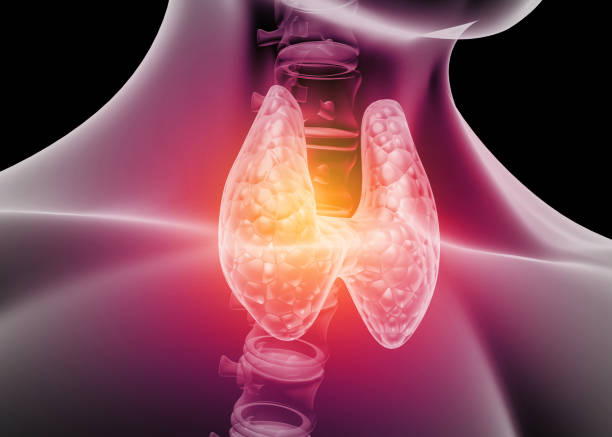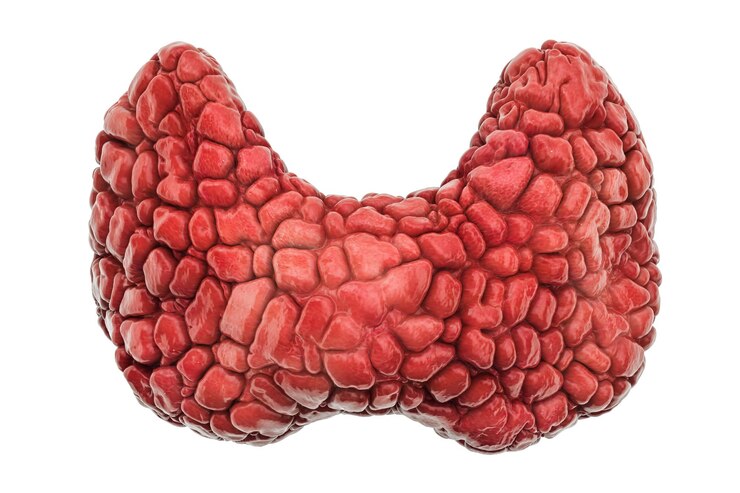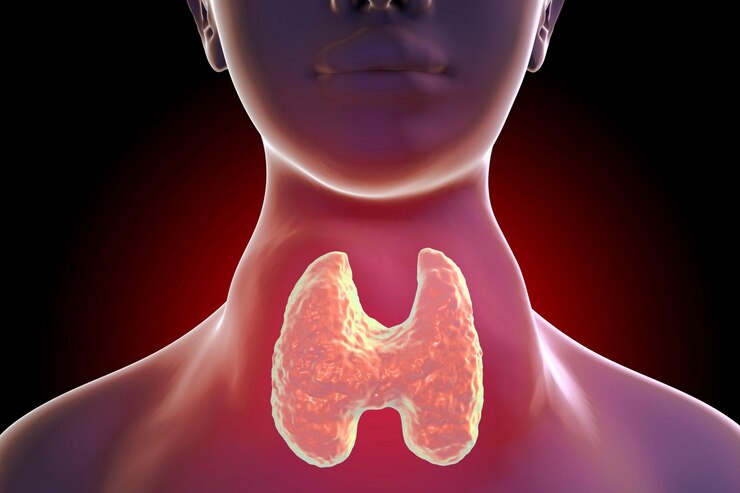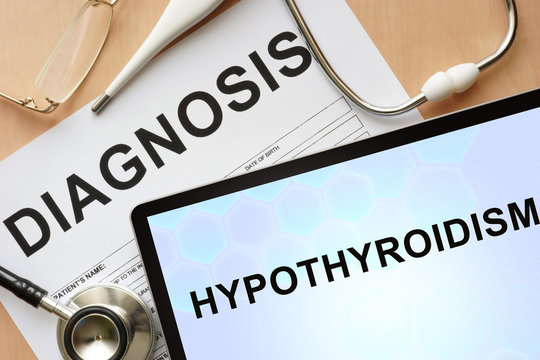Emerging Therapies And Technologies In Hypothyroidism Treatment
Hypothyroidism, characterized by an underactive thyroid gland, affects millions worldwide, causing a range of symptoms from fatigue to weight gain. While traditional treatment with synthetic thyroid hormone replacement therapy has been effective for many, emerging therapies and technologies offer promising alternatives and enhancements to existing approaches. This article delves into the latest advancements in the field, exploring innovative treatments and cutting-edge technologies that could revolutionize hypothyroidism management.
Precision Medicine and Personalized Treatment
Recent advancements in genetic testing and precision medicine have opened doors to personalized treatment approaches for hypothyroidism. By analyzing an individual’s genetic makeup, clinicians can tailor treatment plans to match the patient’s specific needs, optimizing hormone replacement therapy dosage and minimizing side effects. Furthermore, genetic insights into thyroid function may uncover novel therapeutic targets, leading to the development of more targeted and effective treatments.
Bioidentical Hormone Therapy
Bioidentical hormones, which closely mimic the molecular structure of hormones naturally produced by the body, have gained attention as a potential alternative to synthetic thyroid hormone replacement therapy. Unlike synthetic hormones, bioidentical hormones may offer a more natural and balanced approach to hormone replacement, potentially reducing the risk of adverse effects and improving patient outcomes. Research into the efficacy and safety of bioidentical hormone therapy for hypothyroidism is ongoing, with promising early results.
Thyroid Regeneration and Stem Cell Therapy
Regenerative medicine holds immense promise for the treatment of various diseases, including hypothyroidism. Researchers are exploring the potential of stem cell therapy to regenerate damaged or dysfunctional thyroid tissue, restoring normal thyroid function in patients with hypothyroidism. While still in the experimental stages, early studies suggest that stem cell therapy could offer a revolutionary approach to treating hypothyroidism, potentially providing a long-term solution for patients who do not respond adequately to conventional treatments.
Targeted Drug Therapies
Advances in molecular biology and drug development have paved the way for targeted therapies that specifically address the underlying mechanisms of hypothyroidism. By targeting key molecules involved in thyroid hormone synthesis and regulation, researchers aim to develop drugs that can restore normal thyroid function without the need for hormone replacement therapy. Targeted drug therapies hold promise for patients with treatment-resistant hypothyroidism or those who experience side effects from conventional treatments.
Nanotechnology and Drug Delivery Systems
Nanotechnology offers innovative solutions for enhancing the delivery of thyroid hormones and other therapeutic agents to target tissues. Nano-sized drug carriers can improve the bioavailability and efficacy of thyroid hormone replacement therapy while minimizing systemic side effects. Furthermore, targeted nanocarriers can selectively deliver therapeutic agents to the thyroid gland, enhancing treatment efficacy and reducing the risk of adverse effects. Research into nanotechnology-based drug delivery systems for hypothyroidism is ongoing, with the potential to revolutionize treatment outcomes.
Wearable Devices and Remote Monitoring
The advent of wearable devices and remote monitoring technologies has transformed healthcare delivery, enabling real-time monitoring of patient health parameters outside the clinical setting. For patients with hypothyroidism, wearable devices equipped with sensors can track vital signs, hormone levels, and medication adherence, providing valuable insights into disease management. Remote monitoring platforms allow clinicians to remotely monitor patients’ progress, adjust treatment plans as needed, and intervene promptly in case of complications, improving overall patient care and outcomes.
Artificial Intelligence and Predictive Analytics
Artificial intelligence (AI) and machine learning algorithms hold great promise for optimizing hypothyroidism treatment through predictive analytics and personalized decision support. By analyzing vast amounts of patient data, AI algorithms can identify patterns, predict disease progression, and recommend tailored treatment strategies based on individual patient characteristics and responses. AI-powered decision support tools can assist clinicians in making informed treatment decisions, optimizing medication dosing, and predicting treatment outcomes, ultimately improving patient care and reducing healthcare costs.
Conclusion
Emerging therapies and technologies hold tremendous potential for transforming the landscape of hypothyroidism treatment, offering novel approaches to improve patient outcomes and quality of life. From precision medicine and bioidentical hormone therapy to regenerative medicine and nanotechnology, the future of hypothyroidism management looks promising, with innovative treatments and cutting-edge technologies on the horizon. As research continues to advance and new therapies emerge, the outlook for patients with hypothyroidism is brighter than ever before.








